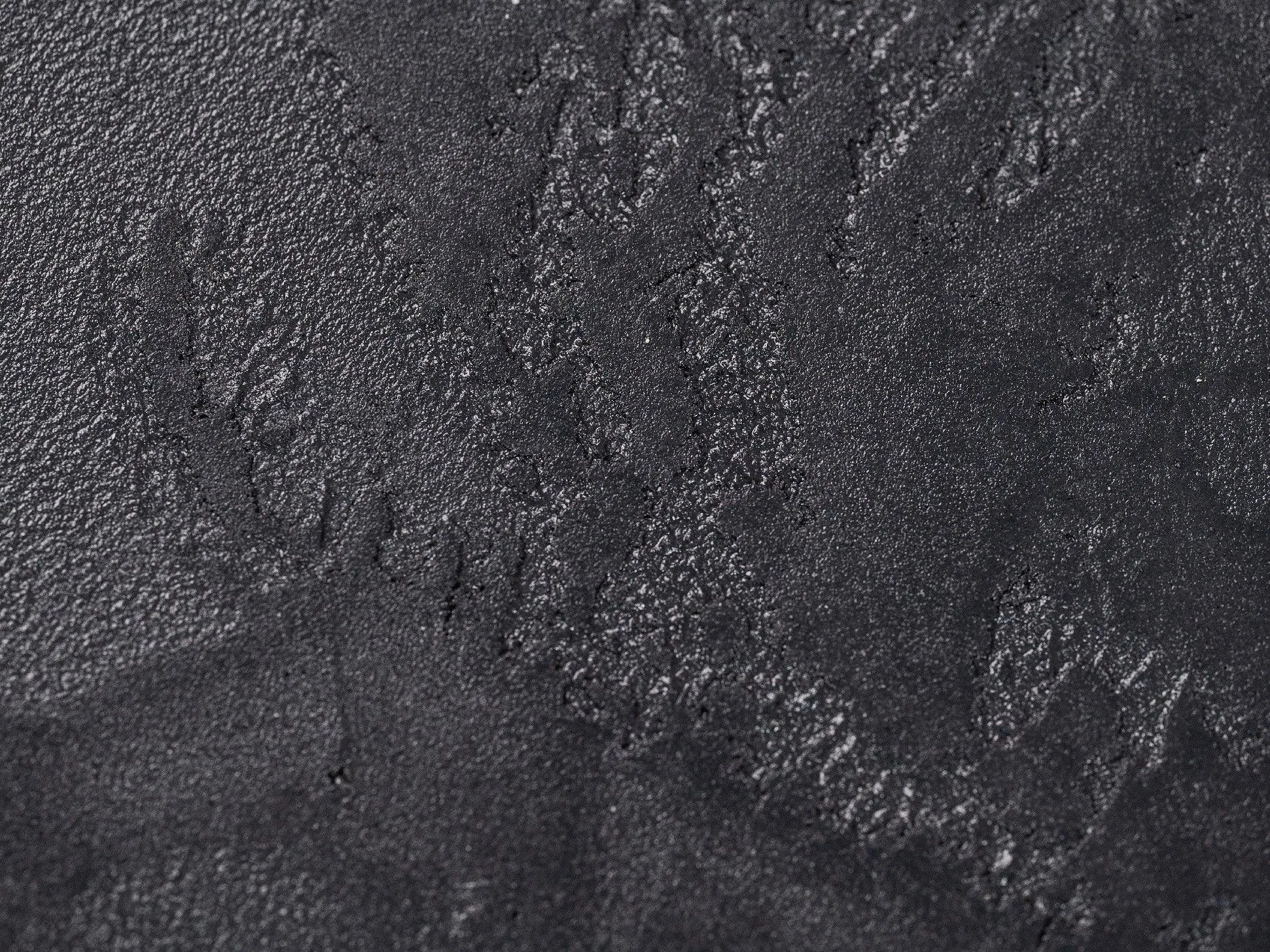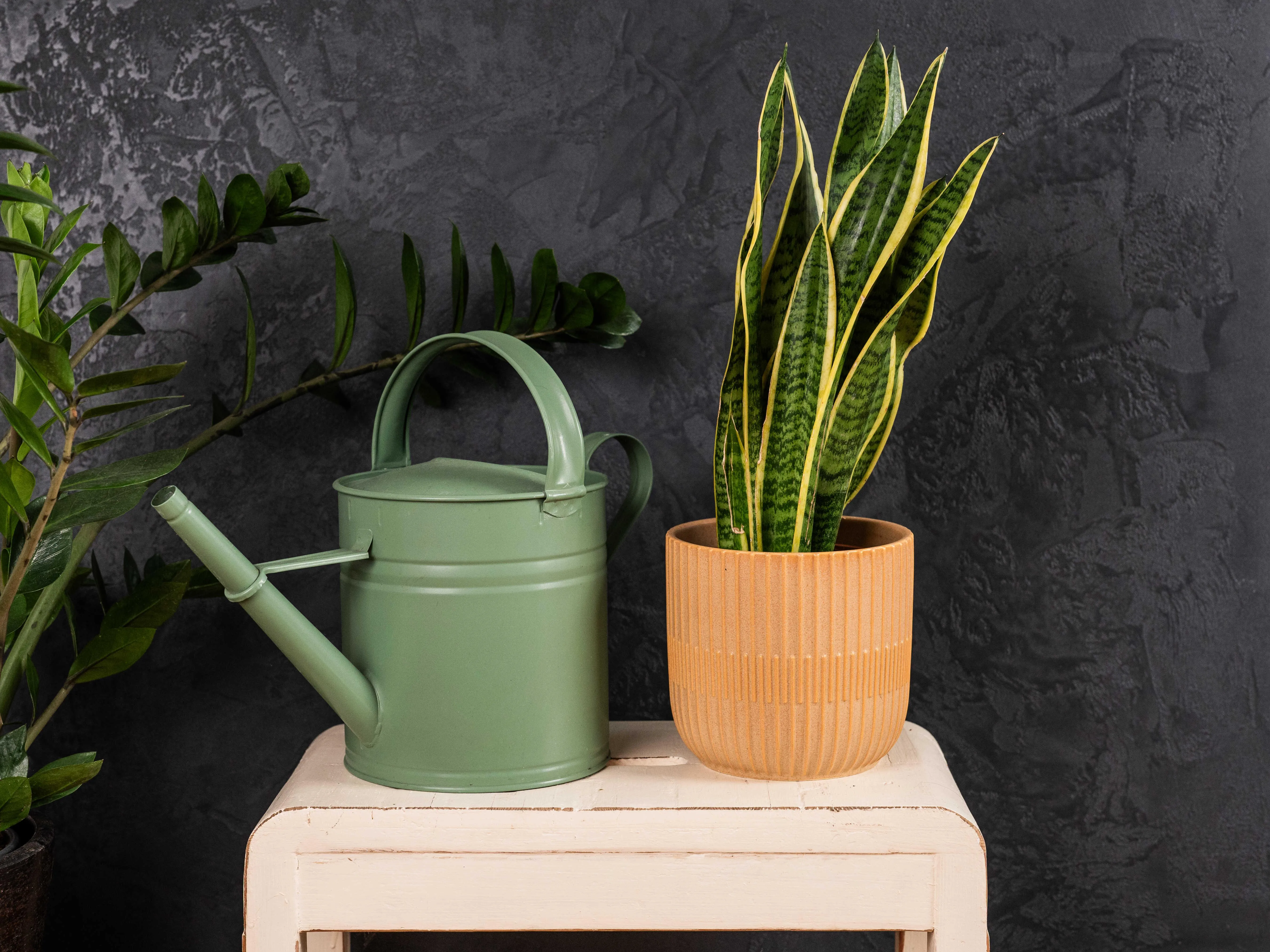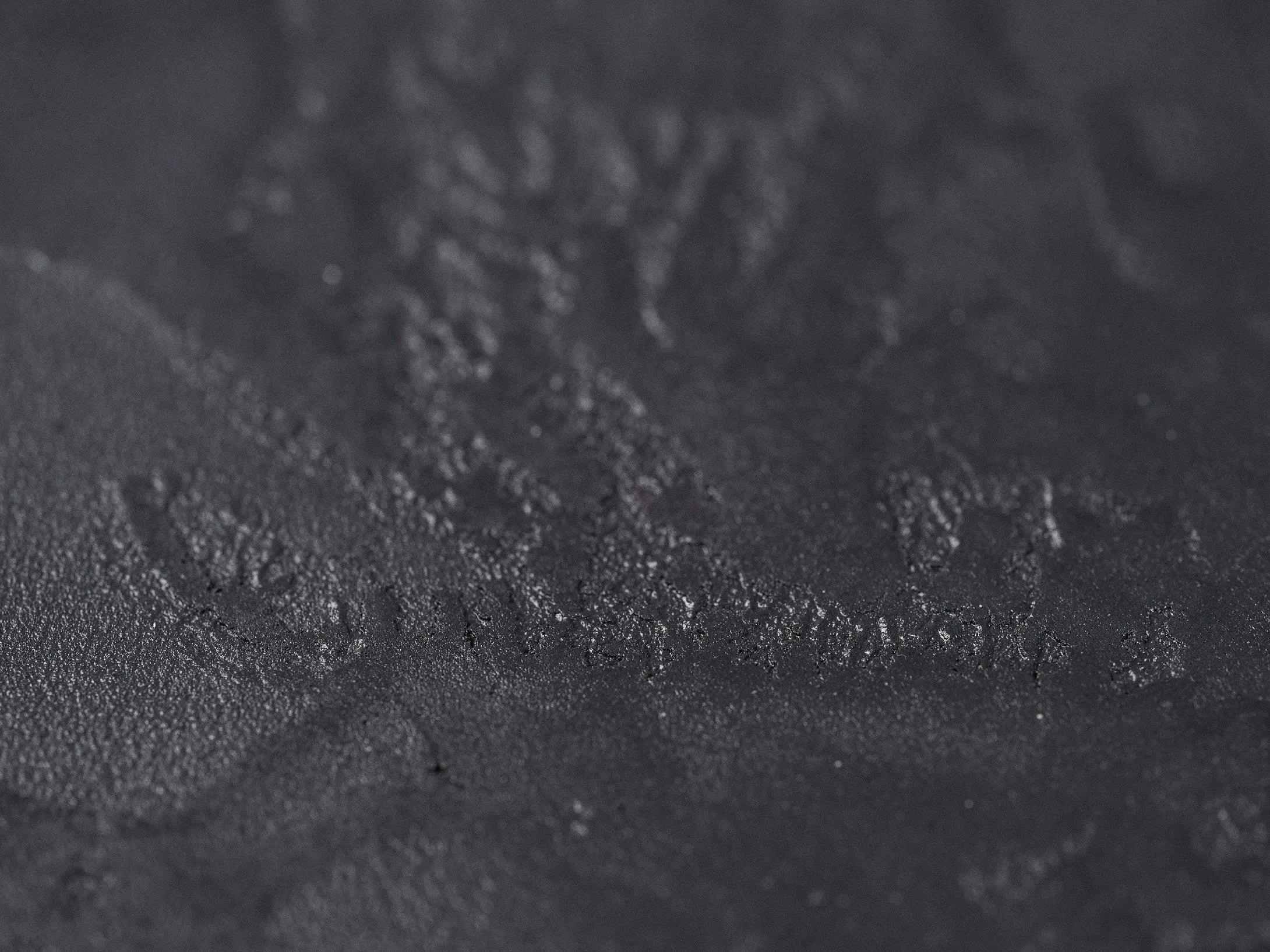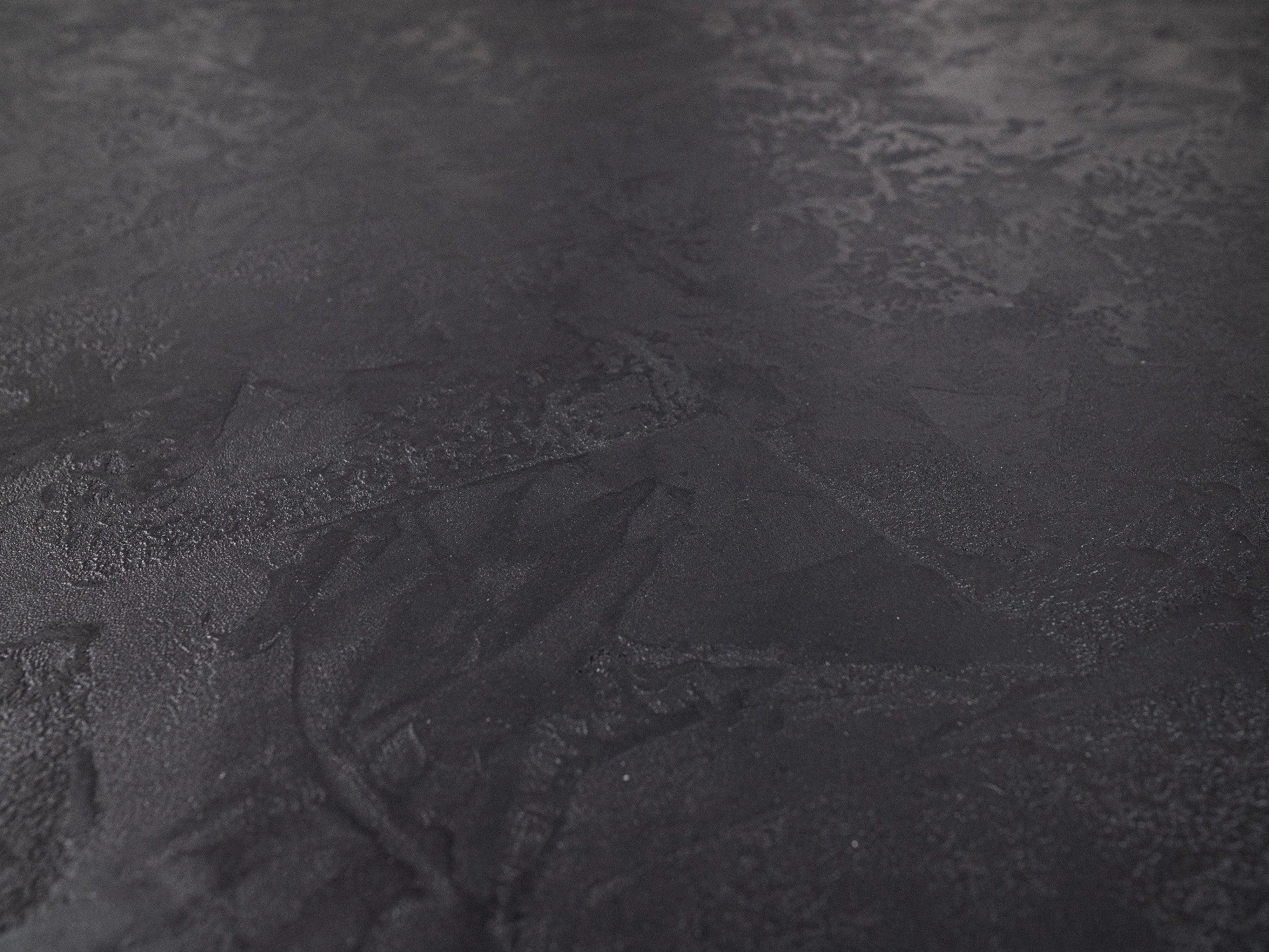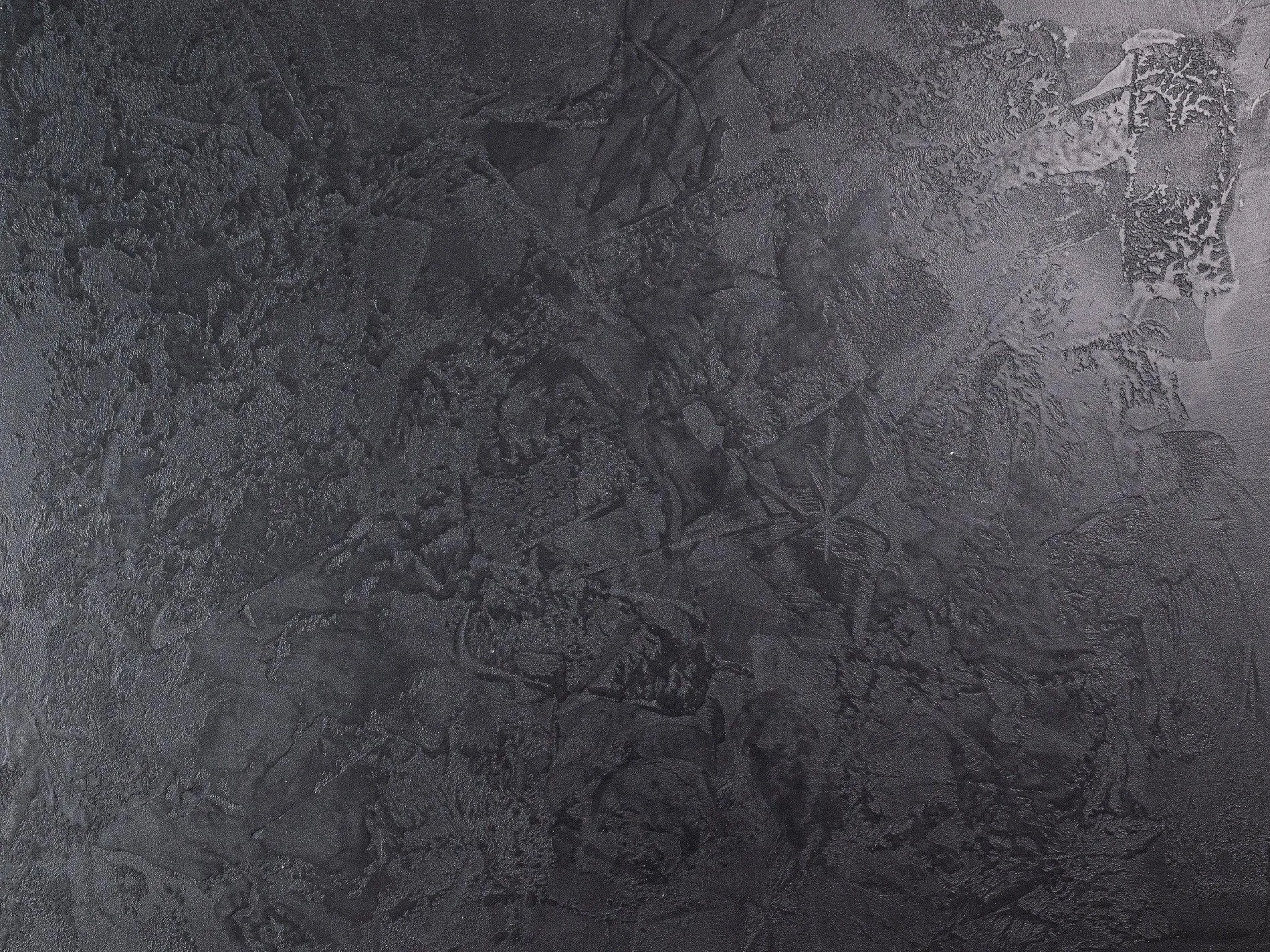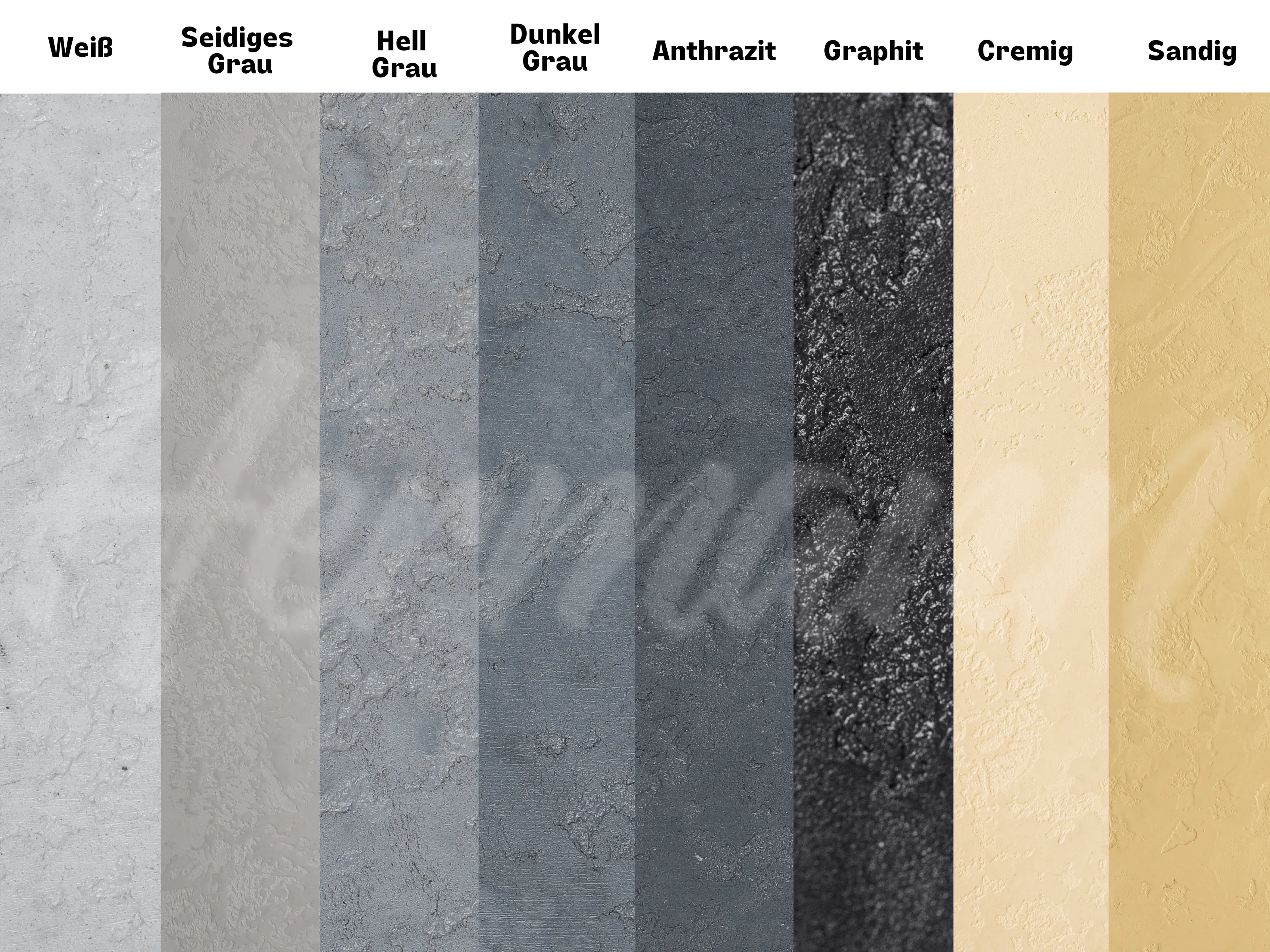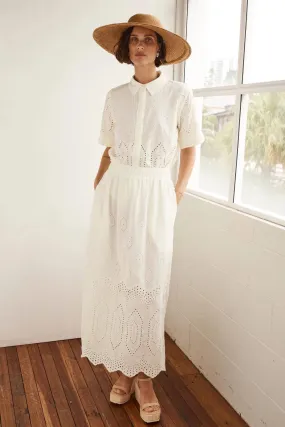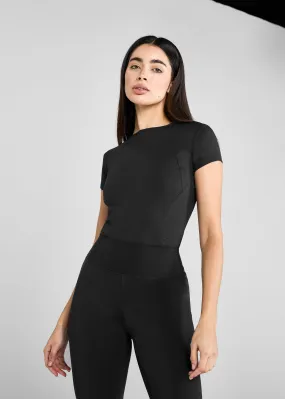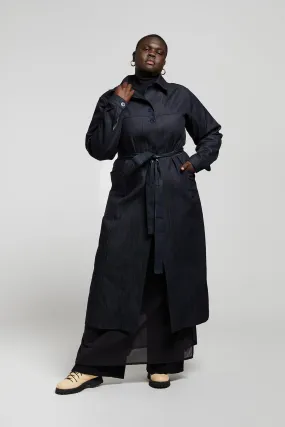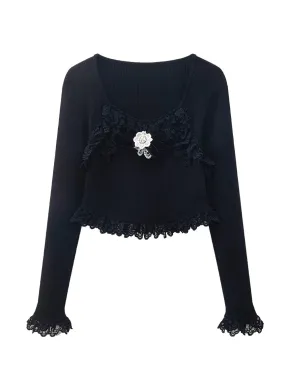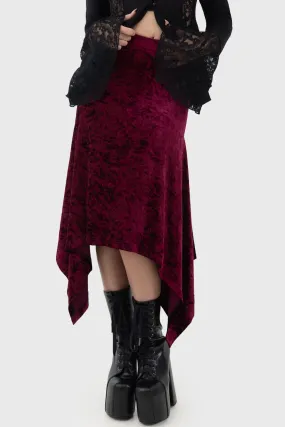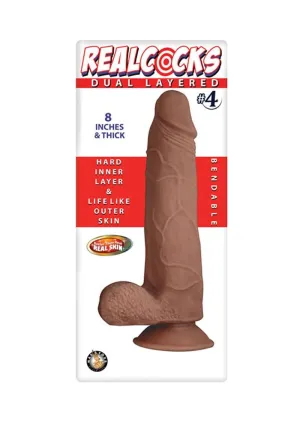Features of the Concrete Effect Plaster
- High mechanical resistance.
- Easy, fast, and dust-free application - manageable as a DIY at home.
- Possibility of imitating concrete, stucco, and other materials.
- Resistant to temperature and abrasion.
- Application on any substrate (old plaster, drywall, concrete, etc.).
- Luxurious look of exposed concrete and color stability.
- We supply the concrete effect plaster 20 kg including primer 2,5 kg and final lacquer 1,5 kg.
- The concrete effect plaster is also suitable for bathrooms and shower corners using water-resistant/hydrophobic lacquer.
Consumption of Concrete Effect Plaster
The average consumption is approx. 1 kg per m² for one layer. Consumption depends on the prepared substrate and the thickness of the applied concrete effect plaster (one layer approx. 1 mm).
From a single 20 kg bucket, you can prepare approximately 10 m² in two layers. The measured values are provided under standard conditions — for uneven surfaces, it is recommended to order more material.
How to Prepare and Apply Concrete Effect Plaster
Although concrete trowel finish is primarily a design and functional element suitable for almost any interior, its application is really easy and can be managed by anyone — all you need is a Venetian trowel and a paintbrush.
Surface Preparation and Primer Application
The concrete effect plaster can be applied to any absorbent surface (old plaster, drywall, stucco, lost formwork, old concrete, etc.). Concrete effect plaster should not be applied on frozen, wet, highly sunlit surfaces, or in fog or rain. The surrounding temperature should be between 5–20°C.
Clean the prepared surface from grease and dirt. Fill larger cracks or irregularities with mortar or adhesive. Minor irregularities will be covered during the application of the concrete trowel finish. Included in the package is a primer for the concrete effect plaster, enhancing the adhesion of the concrete effect plaster and increasing its mechanical resistance.
Mix the primer and apply it to the prepared and cleaned surface with a paintbrush and let it dry for about 2 hours.
Mixing Concrete Effect Plaster
Concrete effect plaster must be thoroughly mixed before application, either manually or with a low-speed mixer (~400 rpm) to achieve a uniform consistency. If the trowel finish is thick, it can be diluted with a little water - 1-2 dcl of water.
Applying the First, Base Layer
Two layers of concrete effect plaster should be applied to the finished and prepared surface.
Apply the first layer with a maximum thickness of 1–2 mm using a Venetian trowel. The concrete effect plaster should be all over the wall covering the whole area of the wall. The first layer should dry for about 3–6 hours.
Application of the Second Textured Layer
Apply the second layer again using a Venetian trowel. The second layer should be done with short, irregular movements - circular, vertical, or horizontal. In this step, there are no limits to imagination, and it always depends on preferences for how you want the trowel finish to look.
To achieve a shading/marbling effect, it is necessary to vigorously rub selected areas while holding the trowel flat with minimal inclination to the surface. If the trowel finish surface is wet and pliable during application, you will achieve a uniform and smooth surface.
If you are working with a fresh surface, you can achieve various effects, for example, by imprinting screws, wooden boards, and similar techniques.
The second layer should dry for approximately 6–12 hours.
Application of the Final Lacquer
The final lacquer increases the longevity and durability of the concrete trowel finish. Mix the dense lacquer and apply it using a paintbrush. Lacquer consumption is approximately 0.1 kg per 1 m² of concrete trowel finish — in a typical environment, apply 1 to 2 layers of this lacquer.
If you are interested in enhancing the shine of the concrete trowel finish, mix the standard lacquer with glossy lacquer.
Application of Lacquer in Bathrooms and Shower Corners
In the case of using concrete trowel finish in areas with increased humidity or water contact, we recommend applying a hydrophobic/water-resistant lacquer to ensure enhanced protection against water. This water-resistant lacquer is suitable for bathrooms or shower corners. You should apply this water-resistant lacquer as the 3rd layer of lacquer (under this lacquer, always apply 2 layers of standard lacquer).
For more information, you can refer to our article Application of Concrete Trowel Finish.
The lacquer consumption is approximately 0.1 kg per 1 m² of concrete trowel finish — in a typical environment, apply 1 to 2 layers of this lacquer, and for shower corners, apply the 3rd layer of the hydrophobic lacquer.
We supply the concrete trowel finish including primer (2.5 kg), and final clear lacquer (1,5 kg).
Technical Specification of Hermann Concrete Effect Plaster
| Parameter | Value |
|---|---|
| Base | Resin, additives, pigment, cement, quartz sand, water |
| Water Vapor Permeability | V2 |
| Water Absorption | W3 |
| Technical Specification | PN-EN 15824:2017 |
| Storage Temperature | 5°C– 25°C |
| Hardening | 24 hours |
| Thermal Stability | NPD (No Performance Determined) |
| Fire Reaction | F |
| Technical Specification | PN-EN 15824:2010 |




